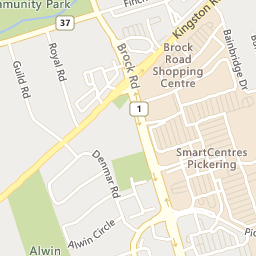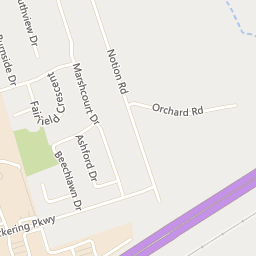People understand obesity in humans is a problem that can lead to serious health issues. However, when some people see an overweight pet they may think it's funny.
But pet obesity is no laughing matter. Allowing your pet to be overweight puts its overall health at risk and may well be the symptom of a serious underlying issue.
Carrying around that extra weight can lead to many problems for your pet.
Cats and dogs that are obese face a substantially higher risk of osteoarthritis, type 2 diabetes, high blood pressure, heart disease, respiratory disease, kidney disease and cancer. It can also lead to a decreased life expectancy.
Dogs of all ages and stages of life need to be kept at a healthy weight. Increased weight has a tendency of exerting too much pressure on the hips and joints of younger dogs, which may cause problems later in life.
Older dogs can become lethargic and are not able to exercise as they once did.
A pet's ideal weight range is based on the breed. Within each breed, there can be quite a range between the bottom and top ends, allowing for different heights, muscle mass and more.
Talk to your veterinarian and discover what your pet's weight should be. Having your pet weighed at every visit to the vet's office can help you monitor their weight and take action when the scale tips out of their favour. Weight gain can also be a symptom of an underlying issue.
Just like humans, diet and exercise are key to keeping your pet's weight under control. Regular walks are essential, not only to keep extra weight from creeping on, but to maintain their stamina and improve their cardiovascular systems.
The vets at Pickering Animal Hospital can help you get your pet's weight back on track. They can tell you if you need to put them on a diet food, or if you are just feeding them too much. They can also test for conditions that can cause weight gain, such as thyroid issues.
Pickering Animal Hospital is located at 14-1450 Kingston Road in Pickering. For more information, call (905) 420-1734 or visit www.pickeringanimalhospital.ca




No comments:
Post a Comment